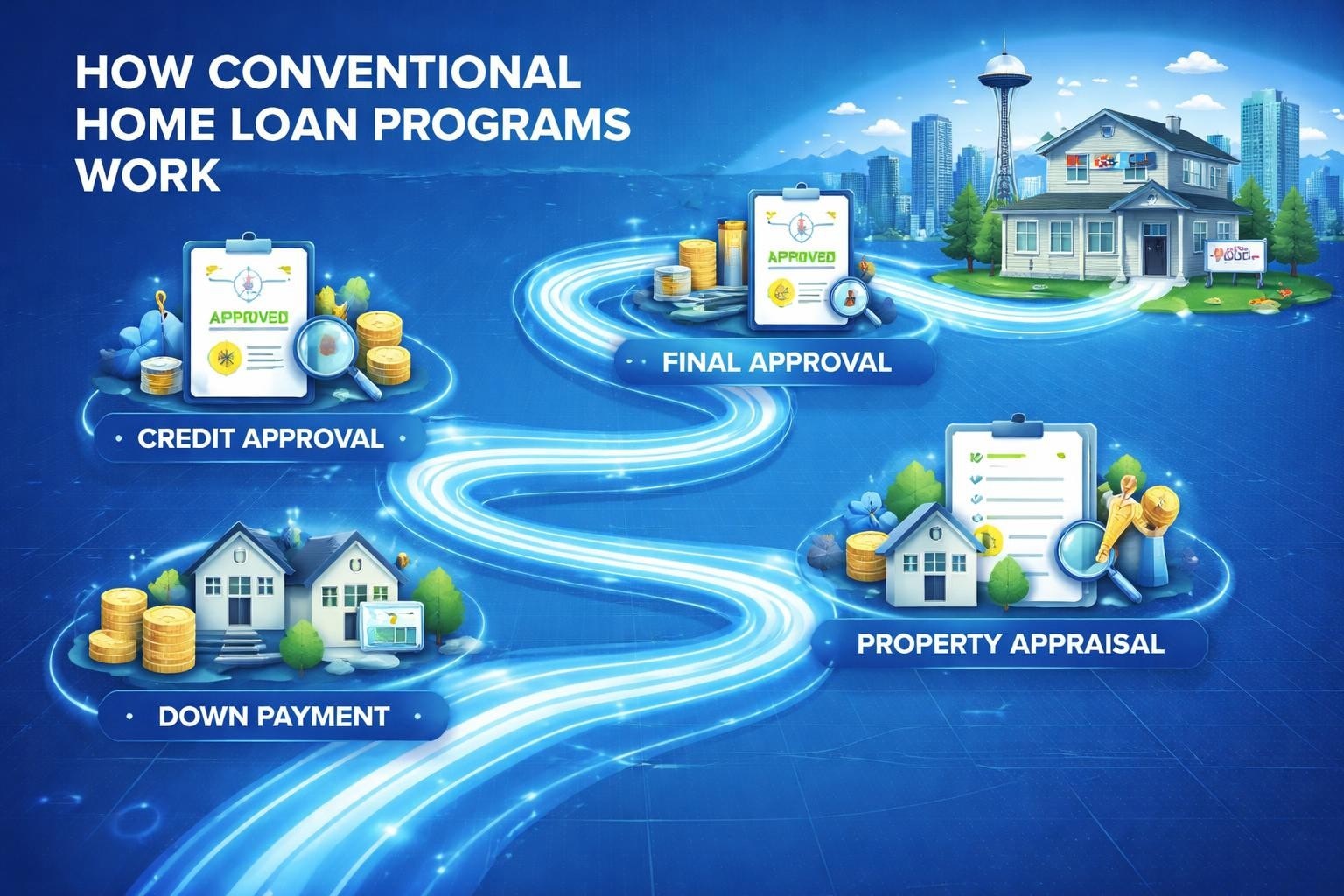“Loan-modification” programs are gearing up to help strapped homeowners
One of the most ambitious mass-market “home-loan modification” programs is scheduled to start nationwide Dec. 15 and aims to help thousands of borrowers who are seriously behind on payments and are slipping fast toward foreclosure.
Syndicated Columnist
WASHINGTON — You may have seen headlines about the latest public and private efforts to help financially distressed homeowners cope with their mortgage payments.
But you might not have caught key details that could have an impact on you or people you know — now or in the months ahead.
One of the most ambitious mass-market “loan modification” programs was outlined Nov. 11 by the Federal Housing Finance Agency — overseer of Fannie Mae and Freddie Mac — along with the 33 banks and mortgage servicers who make up the private-sector Hope Now Alliance.
The program, scheduled to start Dec. 15, aims at thousands of subprime and other borrowers who are seriously behind on payments — three months or more — and are slipping fast toward foreclosure.
To be eligible for intervention, owners need to document that they can handle mortgage payments with up to 38 percent of their monthly gross income.
They also need to demonstrate that they have experienced some form of financial reversal that made them delinquent on their payments, and prove that they did not intentionally go into default just to get better terms.
If they can pass through these hoops, borrowers may qualify for sharply reduced interest rates, deferrals of principal payments or extended loan terms — whatever combination it takes to get them an affordable payment with their current income.
Even though the formal kickoff isn’t until next month, participating lenders say they want to hear as early as possible from potential beneficiaries. If homeowners can’t connect directly, they can work through the Hope Now Alliance (www.hopenow.com) or the U.S. Department of Housing and Urban Development (www.hud.gov/foreclosure). Hope Now has a toll-free hotline — 888-995-4673 (HOPE) — staffed by counselors.
Also, one of the largest lenders and servicers — Citicorp — unveiled a program designed to catch at-risk homeowners before they fall behind.
Beginning this month, Citicorp will reach out to an estimated 500,000 mortgage customers who are not delinquent but who appear at risk — either because their credit files show telltale signs of financial stress or because their homes are in markets Citicorp thinks face serious economic strains and job losses in the coming year. The bank said it expects to complete up to $20 billion in “pre-emptive” mortgage modifications in the next six months using rate reductions, term extensions and reductions in principal debt balances in select situations.
While the two new programs target starkly different segments of homeowners — the walking wounded and those heading for the line of fire — both make use of a streamlined, formula-based systematic approach for mass modifications advocated by Federal Deposit Insurance Corp. Chairwoman Sheila Bair.
Though most mortgage-industry executives and economists say today’s foreclosure crisis is so serious that only wholesale remedial approaches can prevent home losses from piling up, not everyone agrees with the new programs or the loan-modification options they throw to homeowners.
For example, some experts are critical of the government’s requirement for three months of delinquency, arguing that it could have corrosive effects on borrowers who are straining to keep up with payments, but still making them on time.
Rob Chrisman, of Residential Pacific Mortgage in Walnut Creek, Calif., says he talked with a loan agent who commented, “All I have to do is stop making mortgage payments and I can get a 3 percent rate? Sweet! Who needs a mortgage broker?”
Other critics argue that mass-market modifications are bound to produce high rates of recidivism — essentially waves of remodifications or foreclosures in the coming years as homeowners with hastily modified mortgages find that they cannot afford even those lower rates and better terms. That simply pushes the problem down the road, rather than solving it.
Bottom line for borrowers: Definitely pursue a loan modification if you qualify and need one. But talk with your servicer to make sure that the revised terms you’re signing up for are realistic for your long-range economic situation, and not likely to be just a temporary patch.
Kenneth R. Harney: kenharney@earthlink.net
Copyright © 2008 The Seattle Times Company





Leave a Reply